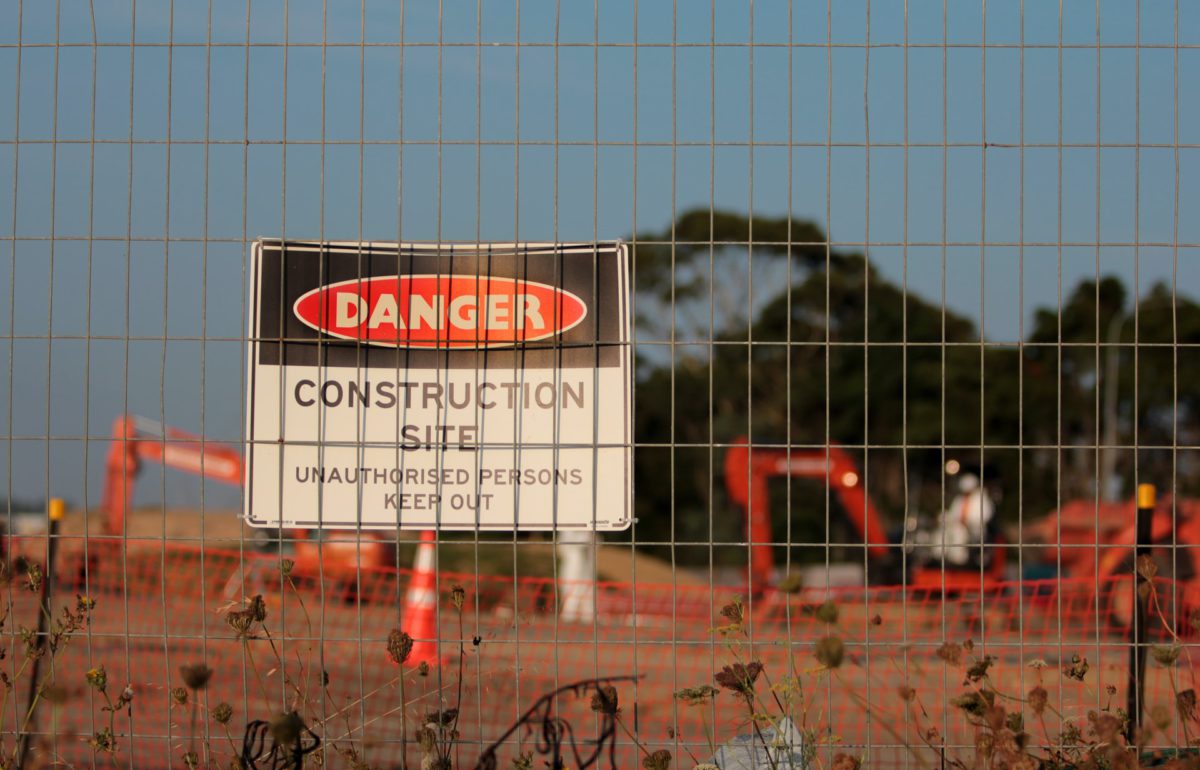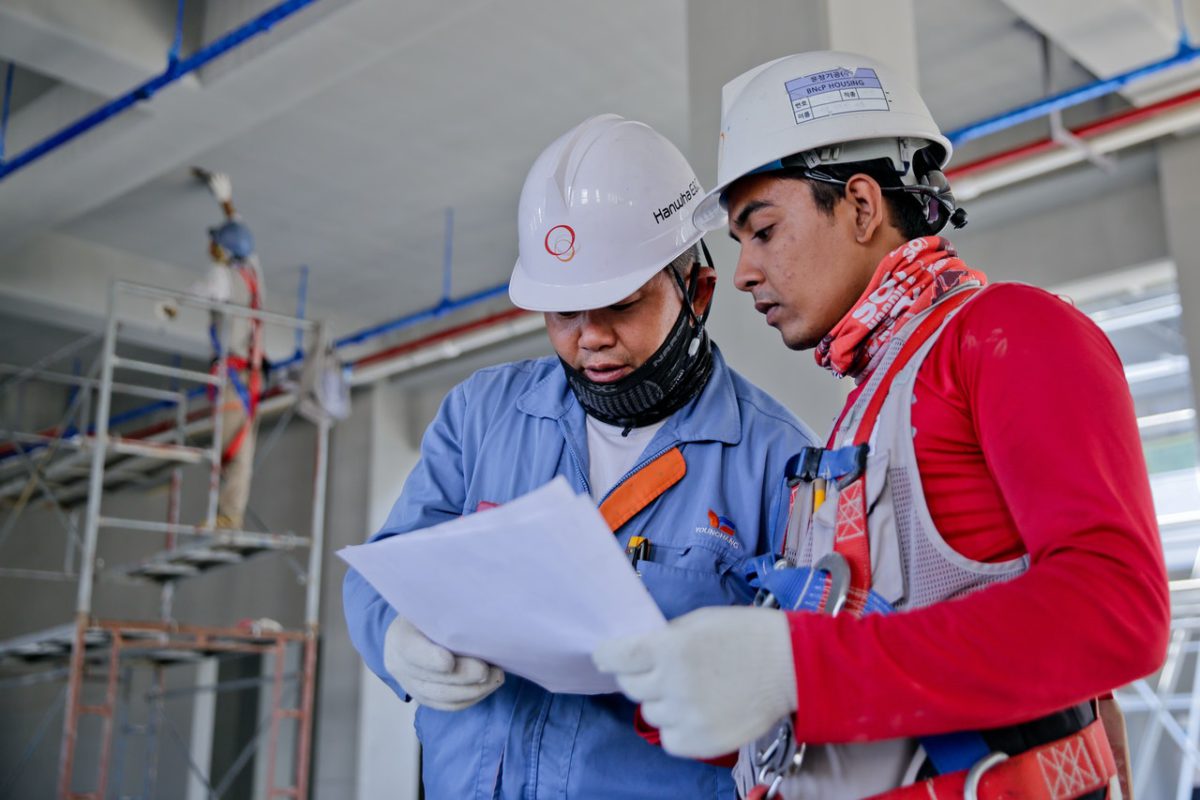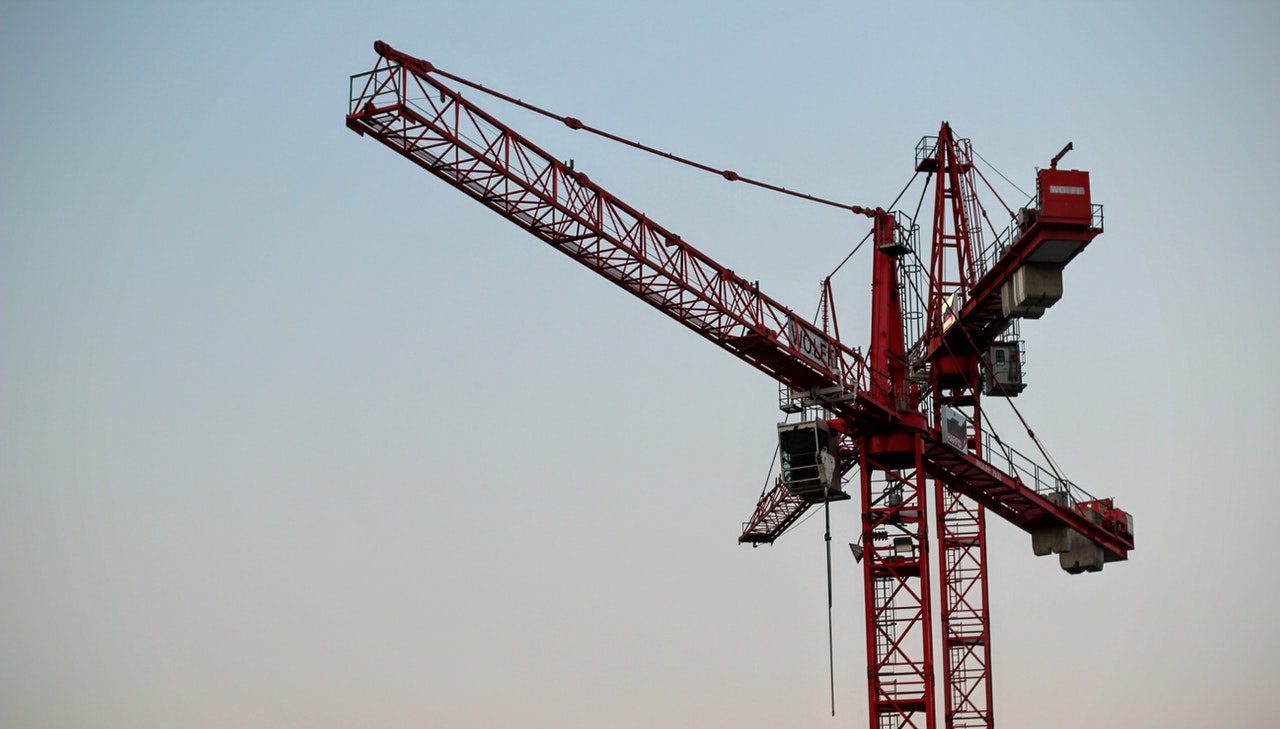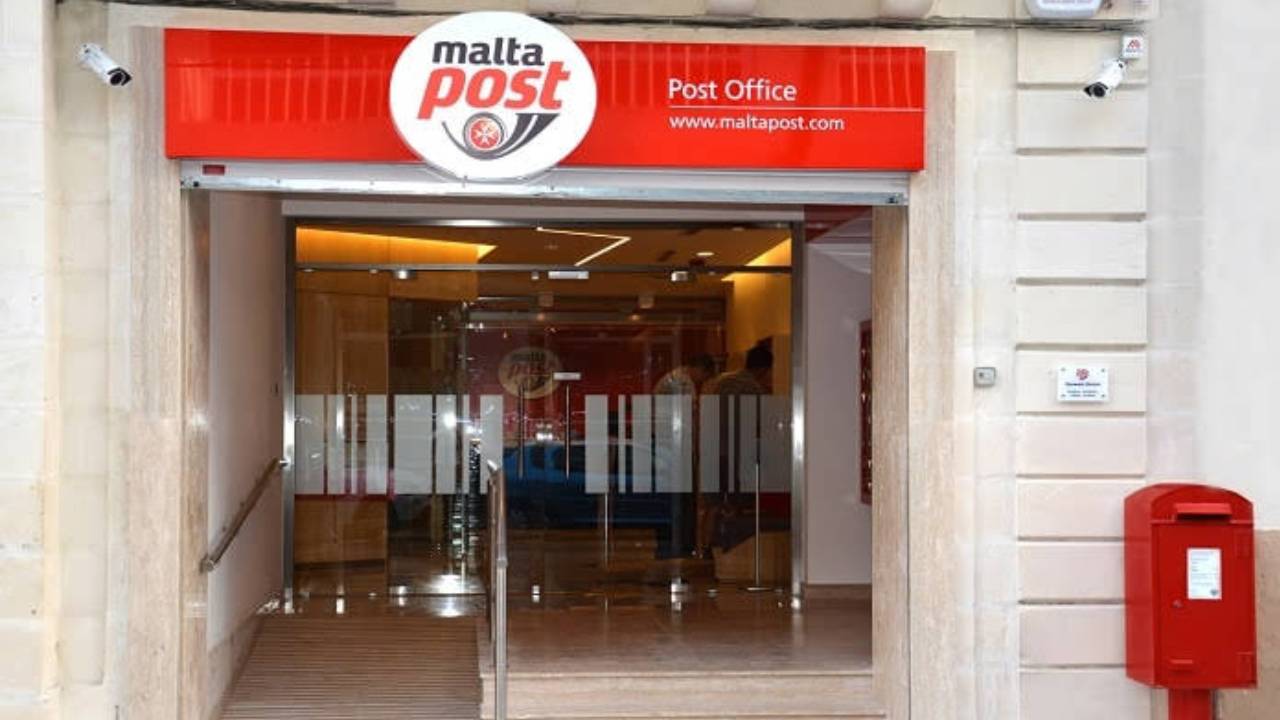The construction industry is a powerful domestic economic force, especially following the growth witnessed during the previous decade. However, it is also one of Malta’s most controversial economic sectors. Construction sites can be found on almost every street in the country and cranes have officially become a feature of the national skyline.
The construction industry has a broad range of private sector and public sector stakeholders, representing various regulators and professions. As the construction industry boomed in recent years, there have also been growing calls for increased regulation, even from industry representatives themselves.
State of the industry
Construction is one of the largest industries in Malta. At present, there are around 5,000 enterprises involved in the sector according to the European Construction Sector Observatory (ECSO). As of 2020, the share of gross value added (GVA) stood at four per cent with a total turnover of €1.4 billion. According to reports by KPMG, in 2021 the sector overall grew, however, started to decline in the final quarter of the year. The contraction continued in 2022, resulting in a drop of six per cent in GVA.
Meanwhile, company formations grew from 204 in 2010 to 730 in 2018, and dissolutions increased from 143 to 393 for the same period compared. This shows that the gap between company formations and dissolutions in the construction sector has grown.
Around 12,000 to 13,000 individuals are employed in the construction sector, with workers involved in architecture, engineering and manufacturing for construction purposes adding 2,500 – 3,000 workers to this number. Interestingly, according to ECSO, 14.1 per cent of all self-employed individuals in Malta work in construction.
The high degree of activity, unfortunately, also generates a high volume of waste. Mineral excavation, construction, and demolition amount to 74 per cent of all construction and demolition waste.
The sector is also hindered by a shortage of skilled workers. Industry representatives have regularly said that they are heavily dependent on immigrants to sustain the construction sector, without whom it would not function.

Public institutions & laws
The construction sector is overseen by a complex web of laws, state institutions, and industry representatives, all of whom play a role in shaping the state of the industry.
The three main state institutions are the Building and Construction Authority (BCA), Planning Authority (PA), and ERA (Environment and Resources Authority).
The BCA is a relatively new institution which was established in August 2021 and is responsible for drafting and implementing policies, and consolidating laws and regulations as part of the national building code. Therefore it is the main body responsible for setting the national minimum standards.
The BCA was preceded by the Building and Regulations Office (BRO), which held a number of the same responsibilities but a much narrower mandate to take action.
Then there is the PA and ERA. Previously the responsibilities of both institutions were unified under a single institution called the Malta Environment and Planning Authority (MEPA). However, MEPA split into PA and ERA in April 2016.
The PA is responsible for approving plans for construction while making sure the plans submitted do not break parameters set by law and take into consideration environmental impact assessments. This institution is often on the receiving end of public criticism that accuses the institution of approving plans with little to no consideration of their effects.
Then there is the ERA, which is responsible for safeguarding the environment. It may object to plans for development, although that does not necessarily mean it can prevent development plans from being carried out.
As public institutions changed and established, there has also been the introduction of various laws such as one in 2019, which made it mandatory for construction managers to also be qualified architects.
There is also the Building Industry Consultative Council (BICC) which is composed of a number of stakeholders from the construction sector and is responsible for advising the Government on industry-related matters and focusing on sustainable development. The institution also provides a number of construction industry educational courses, some of which may be mandatory for anyone involved in the industry.

Industry stakeholders
The most prominent industry stakeholders are the Malta Developers Association (MDA), the Chamber of Architects and Civil Engineering (KTP), the Chamber of Engineers (CoE) and the Malta Chamber of Construction Management (MCCM).
Each of these stakeholders is in some way involved in regulating the construction sector.
The MDA is the largest stakeholder representing those involved in property development and real estate. It is also involved in the BICC advisory board and has a private-public partnership with the Government called Property Malta, a project which aims to present Malta as a destination. Its main targets are English, Russian and Chinese-speaking individuals based on the languages available on the website.
KTP, colloquially better known by its Maltese name, Kamra tal-Periti, was established in the 1920s with the objective of self-regulating the architecture profession. Anyone wishing to be an architect and be given the title of Perit needs to acquire a professional warrant.
At the end of 2022, new rules entered into force which require the KTP to publish an updated register of all warranted architects. The regulation also set the guidelines for two types of Periti. An individual may want to be a Perit Arkitett and Perit Inġinier Ċivili, which means they could either be trained as professional architects, or civil engineers.
The CoE represents Malta’s warranted Engineers, meaning professional engineers who receive the title of Inġinier. The CoE is also fairly active in the BICC, being on its advisory board, while also active in a number of its subcommittees.
Lastly, there’s the MCCM, which represents construction managers, who aim to promote high standards and innovation in developments. In their mission to raise the bar, they have an ongoing collaboration with IDEA Academy, providing both certification and even a Masters degree in construction management.

Property developers and contractors
Some property development companies are involved in contracting work. A developer may create a project and fund its development, whereas a contractor is a group or individual working independently to execute it.
In Malta, contractors are also responsible for the construction site’s safety and maintenance.
Recent years have resulted in a number of construction site-related accidents and even deaths. This had led to calls for better standards, and even licensing of contractors by the MDA. While there are still no requirements for licensing, by the end of 2023 anyone accessing any construction site needs to have qualified for a safety card issued by the BICC.
Setting new standards in training and education
With a growing demand for professionalisation in the industry both from stakeholders and the general public, several initiatives have been launched in recent years.
In 2021, the MCCM, and IDEA Academy, a private higher education institution, signed a memorandum of understanding (MoU) focused on upskilling construction project managers. That year the MCCM also signed an MoU with the Chartered Institute of Building, the world’s largest body for construction management and leadership, to professionalise the domestic industry.
The agreements aim to address skill gaps and the lack of specialised training to improve the local construction sector.
There have also been multiple declarations by the Government since 2019 that contractors will need to be licensed. While this was welcomed by industry stakeholders there is a clear action plan on this yet.
Meanwhile the BICC, aside from providing training for the safety card, which will be mandatory by the end of 2023 for anyone who wants to enter a construction site, also introduced a skills card. The skills card demonstrates that the holder is qualified to carry out work professionally and safely, however, it is not yet mandatory, and roughly only 15 per cent of construction workers have acquired it.

Future of the industry
After many years of unprecedented levels of growth, the industry appears to be experiencing a slump that started at the end of 2021, but it may not necessarily last for long.
One of the industry’s main issues is the rising cost of material goods, which is making new developments less competitive to other ones built not too long ago since they were cheaper to build. Rising material costs have also been complemented by rising costs of labour pushing wages up.
The issue of rising wages is exacerbated by the heavy reliance on foreign workers in the sector. According to JobsPlus, almost 40 per cent of workers in the construction sector were foreign. Since immigration rates are below pre-pandemic levels, the construction industry may have to focus on retaining and retraining its workers. The MDA had once said that the construction sector could not function without foreign workers.
However, high labour costs and low access to workers have led to the growing effect of staff poaching by companies in the construction sector. Furthermore, locals may be deterred from participating in the construction industry out of fear, due to the growing number of construction-related accidents in recent years which cause public outrage, putting into question the industry’s standards.
The industry however does stand to benefit from the EU’s Recovery and Resilience Facility (RFF) Fund.
Malta has been allocated €316 million in grants under the RFF and intends to invest 54 per cent of it in reforms and investment to support climate objectives. This could lead to unprecedented investment in the construction sector as Malta intends to focus on the green transition through energy-efficiency renovations and greening of private and public buildings.
The construction industry will likely remain a formidable force in Malta’s economy, however, it looks like it may need a new direction.
Storm Harry triggers widespread power cuts across Malta, disrupting homes and businesses
Residents in some areas have reported prolonged outages
Serial entrepreneur Mario Schraepen on speed, access and startup potential
Mario says that while the country is only roughly 27 kilometres from end to end, it offers a 'layered, lived-in' ...
MaltaPost suspends deliveries until end of storm
A red warning for gale-force winds is currently in effect until Tuesday at noon






